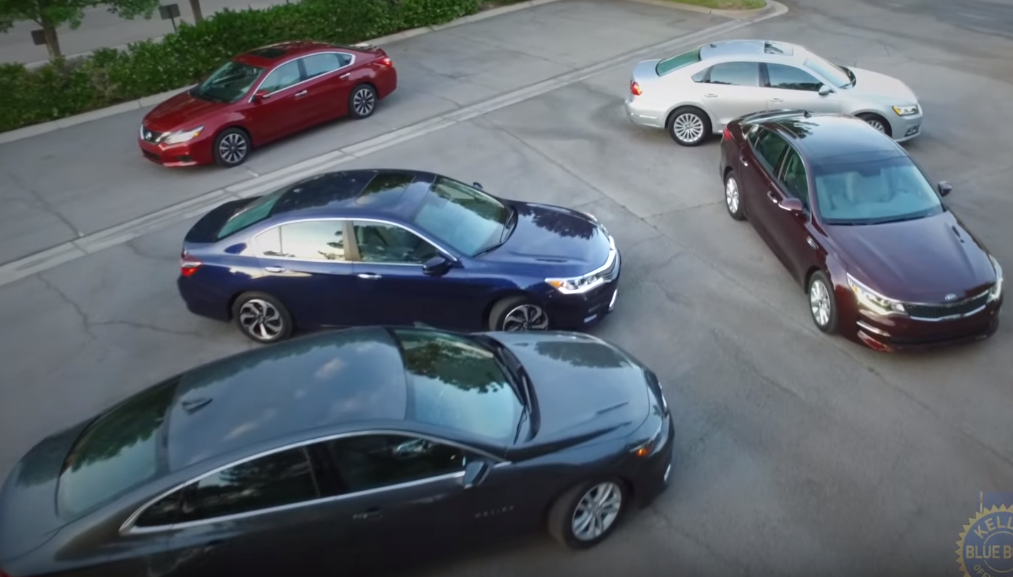Finding classic car values

A classic car appraisal or valuation is based on a variety of factors including supply and demand, make, model, condition, miles, features, trim package, and many others. Historic and archived values are a good indicator of what a specific year make, model, and trim package is worth today. A real-time new car valuation engine provides up-to-date prices based on your criteria.
It can be confusing with all the different pricing reports available, so we’ve broken it down for you by assembly plant to help you find the best spot to buy your classic car. Keep in mind that classic cars will always appreciate over time, as long as they are properly maintained.
How much is my classic car worth?
Classic car valuation tools can also provide a price range for your vehicle. Some cars have a higher demand than others and may command a higher price range. Finding value for your classic car will take time and patience, but these tools can help guide you in the right direction.
The average values provided in the Classic Car Market Report are from national sources and may not apply to your specific individual situation. The prices are based on various factors including mileage, mileage, condition, and specifics of the vehicle such as year model, engine type, and trim package. These factors may vary greatly according to location and vehicle specifications.
Why should you know your classic car values?
Knowing the worth of your classic car is essential when buying, selling, or insuring it. Once sold, the vehicle will change hands frequently during its life, so knowing the value at the time of sale is a crucial part of conducting a friendly and professional transaction.
Marketing your classic car is one way to increase its value and thus increase the resale price. Keep in mind that if your car is not priced appropriately you may receive fewer inquiries and that may decrease the overall value of your vehicle.
Knowing what you want for your classic car will help in setting a fair price for it when selling it. The new owner will want to know exactly how much they are paying for the vehicle so they can try to make an intelligent decision on how well they think their investment will perform based on their purchase price.
Agreed value vs. stated value
Insurance companies commonly use agreed and stated values to determine classic car payout limits. The stated value is the amount you claim your car is worth (and may be required to prove), whereas the agreed value is the amount you and your insurer agree on. The agreed value can be lower than your stated value, but it is a good idea to come close to the agreed value so that you are not disappointed with the payout amount.


